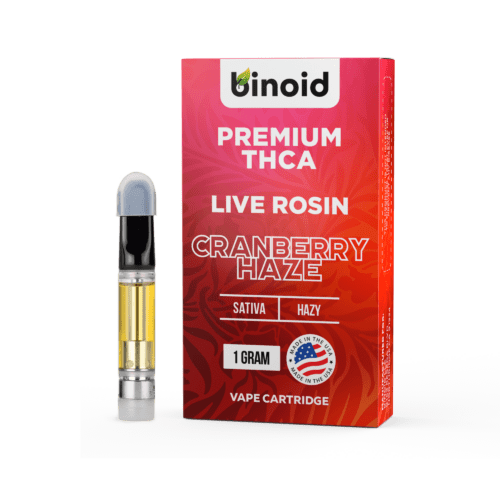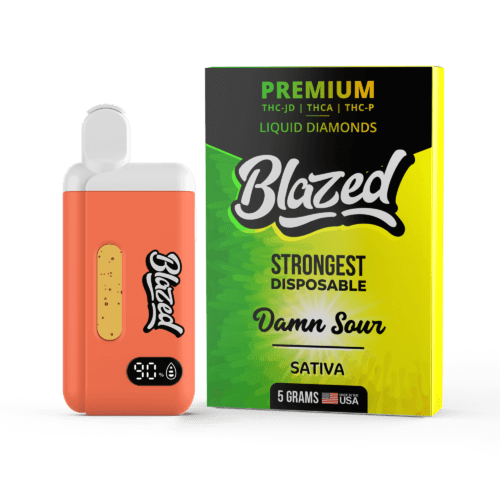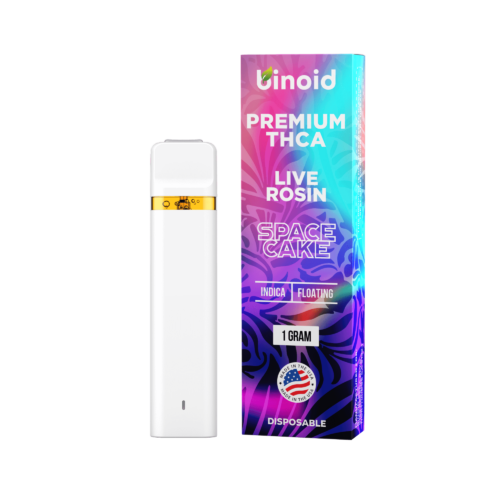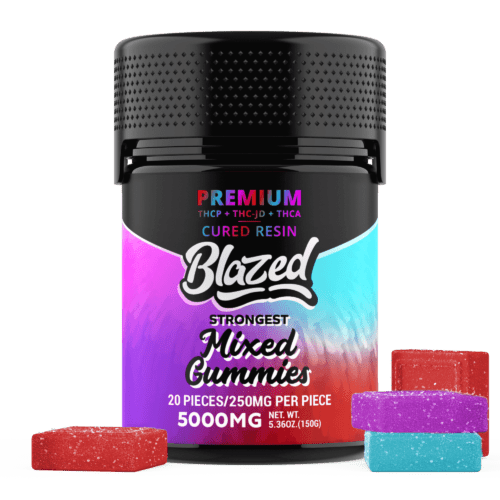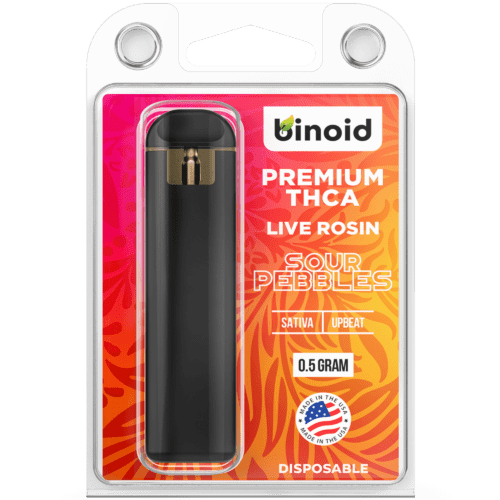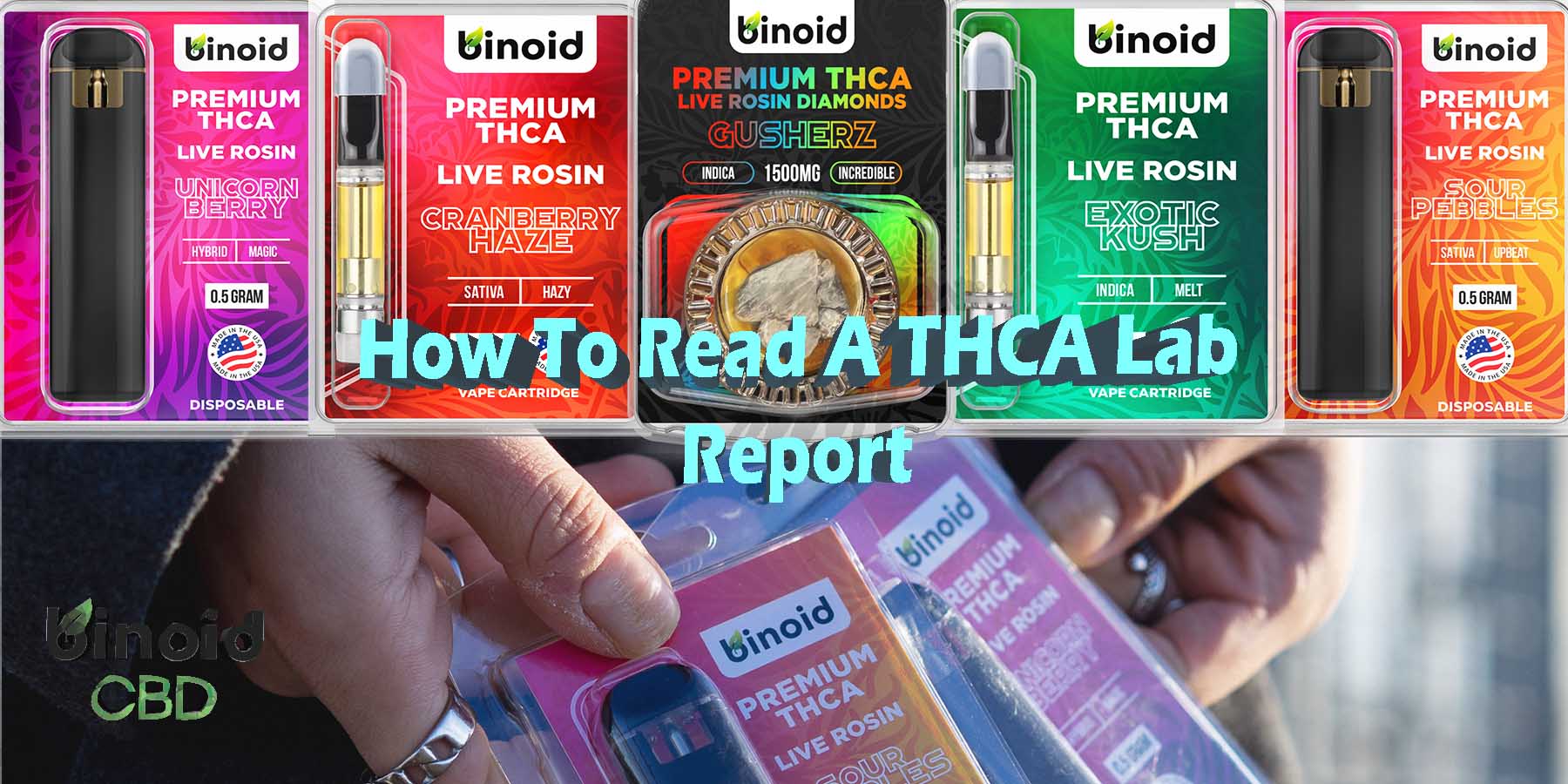
THCA: How To Read A THCA Lab Report
THCA is a cannabinoid that’s taking over the hemp market, mainly in product types that heat the THCA to convert it naturally into delta 9 THC. And, like all hemp products, THCA products must be third-party-tested before they can be marketed and sold.
So, while we begin seeing more THCA making its way onto the market in various product forms, let’s talk about how to read those reports, as they tell you a lot of information that you need to know about the safety, purity, quality, and authenticity of the product.
To Buy THCA Vapes Products Click Here
Why Third-Party Testing Matters
Lab-testing is a must for any company that sells hemp products. In fact, it’s required by law. Federal law states that all hemp-derived products are only permitted to contain up to 0.3% delta 9 THC, and the only way for a company to verify that this is the case is by submitting batches of their hemp extracts to an objective, state-licensed third-party testing facility, where it’s analyzed using strict, industry-wide protocol.
Lab-testing doesn’t just prove that a product is legally compliant. It goes over many factors involving the THCA distillate, including its purity, and whether or not it’s been contaminated, to show that it’s safe for human consumption. A company can swear that they offer the purest, safest THCA possible, but the reality is that you can never know for sure without looking at the lab report. And, if a company isn’t making their lab reports accessible to customers, that’s a big red flag, since it usually means that there’s something about the company’s THCA that they don’t want you to know.
-
Product on sale
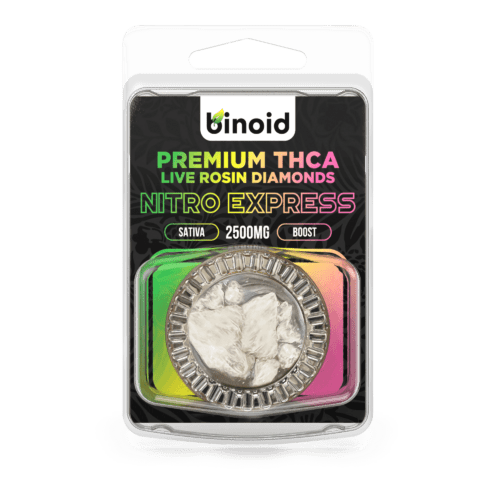 THCA Diamonds 2500mg – Live Rosin$37.99
THCA Diamonds 2500mg – Live Rosin$37.99$59.99
Where is the THCA Lab Report?
Every company that makes THCA products should make their third-party lab reports easy to find through their website. Usually, you’ll find that report in one of two places: either on the product page or on a separate page where each lab report is listed together. Every THCA product should have its own individual lab report, so that you can find the specific product you plan to buy.
In you can’t locate a lab report on a company’s website, you can always contact the company and ask for access to them. Keep in mind that some companies require that you scan a QR code on the physical product’s label to access the specific product lab report.
Confirming a THCA Lab Report’s Authenticity
Sadly, there will always be companies out there that fake their lab reports. This can mean making a fake document altogether, or modifying/editing an existing, authentic one to change the information on it. But, the good news is that all lab reports can be sourced back to the laboratory.
All lab reports should contain the name of the laboratory somewhere, along with a reference number. To authenticate a lab report, first you’ll want to look up the name of the lab, to make sure that it’s a real laboratory. If you want to be fully sure, you can contact the lab and give them the reference number to make sure that the report is authentic.
What You Should Be Looking for in a THCA Lab Report
One of the first parts of a lab report’s breakdown is the purity of the THCA distillate, and how much THCA is in the product (its potency/concentration). The distillate’s purity level matters because it tells you how much of the distillate is actually made up of the cannabinoid. You’ll never find a 100% pure cannabinoid distillate, since the nature of the distillation process does not allow this to be physically possible, but you should see something that’s at least 95% — 99% is the best you’ll get with THCA.
You’ll also see a section that tells you whether or not the product is legally compliant, as it will show the amount of delta 9 THC in the product, which should not exceed 0.3%.
Can the THCA Product Type Make a Difference?
Each product type’s lab report will be unique in some way, because each product type has its own specific formulation, which affects what shows up on the report. So, let’s get more detailed, by going over what each THCA product type’s lab report will look like.
- THCA vapes: Vape oils, whether in cartridges or disposable form, should contain 100% pure hemp compounds, with no other ingredients present in the formula. So, the percentage of THCA should be very high – about 85-95% of the whole formula. And, the number of milligrams should be somewhere between 850-950mg for every single gram of vape oil. The amount that’s left should be made up of terpenes.
- THCA edibles: Unlike vapes, edibles are not made up of 100% pure hemp – after all, they contain a lot of ingredients by default. The number of milligrams of THCA reported on the lab sheet should match the amount that’s being advertised by the company. For example, if you have THCA gummies that say they contain 25mg per piece, the lab report should show 25mg of THCA.
- THCA tinctures: A tincture’s lab report reflects the total amount of milligrams of THCA advertised on the product’s label, since tinctures only contain THCA distillate and a carrier oil (and sometimes flavoring).
- THCA Flower: THCA flower lab reports will tell you the percentage of distillate that has been infused into the flower. And otherwise, the flower should appear full spectrum, with a high amount of CBD, as is inherent with hemp flower buds.
- THCA Concentrates/Dabs: The lab report for THCA dabs/concentrates should look a lot like flower, since ultimately, these products are the result of concentrating THCA flower. Only, the THCA percentage should be a lot higher to reflect a stronger potency.
That THCA Lab Report Matters a Lot More Than You Might Think
The bottom line is this: never buy any hemp product without first looking carefully through the lab report. Otherwise, you’ll never really know if you’re actually buying a fake or low-quality product. At Binoid, our third-party lab reports are always easy to access through our website, and they demonstrate the superior purity and quality levels that we’re proud to maintain for our customers.
To Buy THCA Products and Dabs Click Here
-
Product on sale
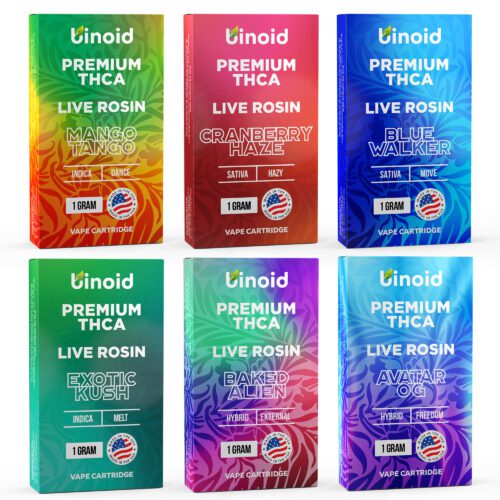 THCA Vape Cartridges – Bundle$177.99
THCA Vape Cartridges – Bundle$177.99$203.99

